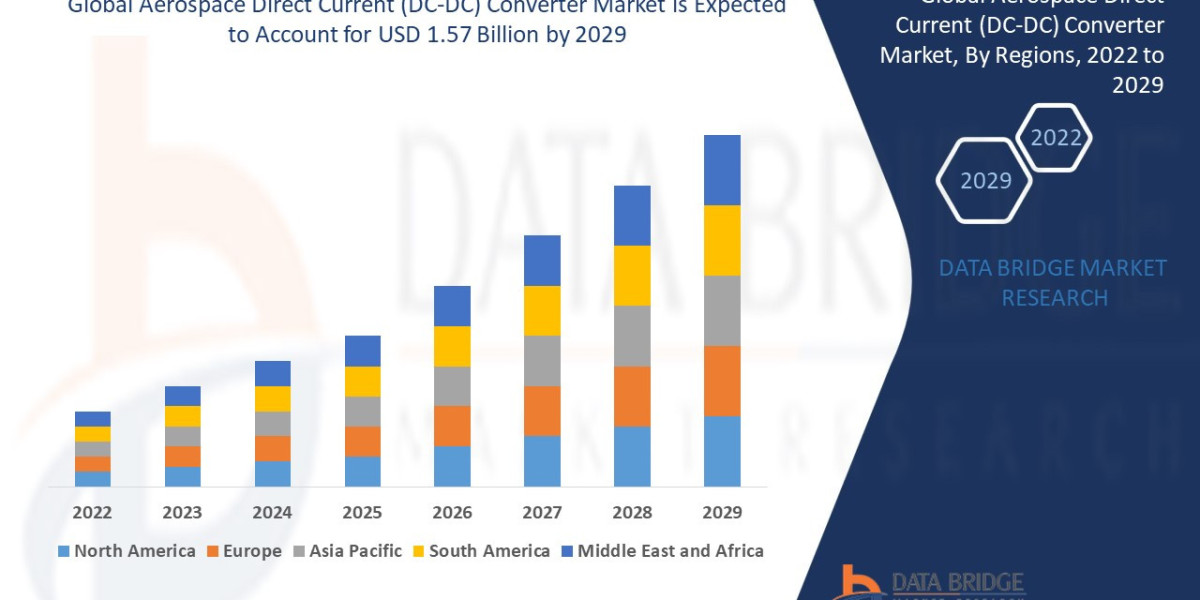In 2025, search engines like Google are smarter than ever. They don’t just look at what your website says—they also look at how your website is built. That’s where technical SEO comes in. It makes sure your website is fast, easy to crawl, and properly set up behind the scenes. Without it, even the best content might never show up in search results. Ready to take your online store to the next level? With our Top Technical SEO Services, we ensure your website is fast, crawlable, and error-free — giving search engines and customers the smooth experience they deserve.
Here are 7 easy-to-understand technical SEO strategies that can help your website rank higher and perform better.
1. Make Your Website Load Fast (Core Web Vitals)
A slow website can push visitors away—and Google notices that. Speed is a major ranking factor.
Tips:
- Compress large images so they load faster without losing quality
- Remove extra or unused code that slows down the site
- Use a CDN (Content Delivery Network) to deliver your content quickly to users in different parts of the world
- Aim for under 2.5 seconds for your main content to load
- Why it matters: A fast site improves user experience, keeps visitors on your page longer, and tells Google your site is trustworthy.
2. Add Special Code to Help Google Understand Your Pages (Schema Markup)
Search engines can’t "see" like humans do. Schema markup adds extra code to help search engines understand your content better.
Tips:
- Use schema for things like blog posts, reviews, events, FAQs, recipes, and products
- Tools like Rank Math, Yoast SEO, or Google’s Structured Data Markup Helper can make this easier
- Always test your schema using Google’s Rich Results Testing Tool
- Why it matters: Schema increases your chances of showing up in rich snippets (those eye-catching results with stars, prices, FAQs, etc.), which get more clicks.
3. Organize Your Website Clearly (Internal Linking Structure)
Just like a book needs chapters, your website needs clear organization so people—and Google—can find everything easily.
Tips:
- Keep all pages within 2–3 clicks from the homepage
- Link related pages together using relevant anchor text
- Create “topic clusters” by grouping content around a main subject (like a main page + related blog posts)
- Avoid broken links or pages that lead to nowhere (404 errors)
- Why it matters: Good structure makes your site easier to crawl, keeps users exploring longer, and helps boost the SEO of all linked pages.
4. Use Advanced Technology to Show Pages Faster (Edge SEO SSR)
Modern websites often use JavaScript, but Google doesn’t always wait around for everything to load. Using newer technology helps deliver your site content faster.
Tips:
- Use server-side rendering (SSR) to show content to Google faster
- Tools like Next.js, Gatsby, or Nuxt.js can help with this
- Use Edge SEO, which runs some scripts and redirects on servers closer to the user for faster response times
- Why it matters: Your site gets indexed faster, performs better, and avoids rendering issues that can hurt your rankings.
5. Optimize Your Images for Google and Visual Search
More people are using Google Lens or image search to find products and ideas. If your images aren’t optimized, you’re missing out on that traffic.
Tips:
- Name images clearly (e.g., “blue-running-shoes.jpg” instead of “IMG_3021.jpg”)
- Fill out alt text to describe what’s in the image—this also helps with accessibility
- Use modern file formats like WebP or AVIF for faster loading
- Make sure images look good on both desktop and mobile
- Why it matters: Optimized images can appear in Google Images or even in product carousels, driving extra traffic to your site.
6. Help Google Crawl the Right Pages (Crawlability Indexing)
Google sends bots to "crawl" your website. If your pages are hard to reach or full of duplicate content, Google might skip them entirely.
Tips:
- Use a robots.txt file to block low-value pages (like admin or thank-you pages)
- Add a clear XML sitemap and submit it to Google Search Console
- Check log files or use SEO tools to see how often Google is visiting your pages
- Use canonical tags to tell Google which version of a page is the original
- Why it matters: Helping Google find and index only the important pages improves your visibility and avoids wasted crawl budget.
7. Prepare for Voice and AI Search (Multimodal SEO)
People are using voice assistants, AI chatbots, and visual tools to search for things. Your website needs to be ready for all of them.
Tips:
- Use natural, conversational language in your content
- Add questions as subheadings and provide short, clear answers underneath
- Aim to get featured in Google Answer Boxes or People Also Ask results
- Test how your content appears in voice search tools like Google Assistant
- Why it matters: Voice and AI searches are growing fast. Optimizing for them gives you a better chance to show up first.
As a Professional eCommerce SEO Consultant, I specialize in boosting product visibility, fixing site structure issues, and optimizing every element that drives sales. Don’t let technical roadblocks hold back your growth — let’s unlock higher rankings, more traffic, and better conversions today.
Book your free consultation now and start transforming your eCommerce performance!






